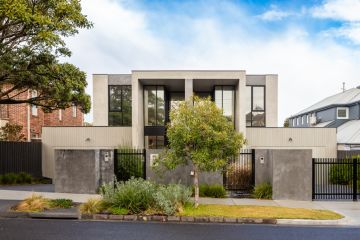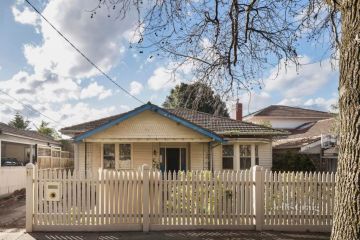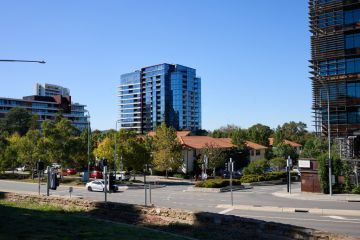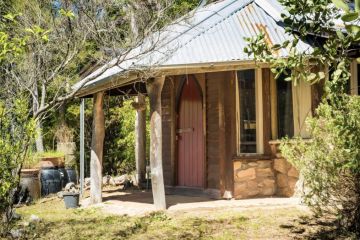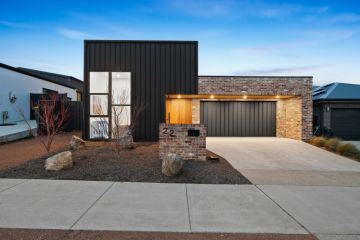First home buyers in Australia's capital cities
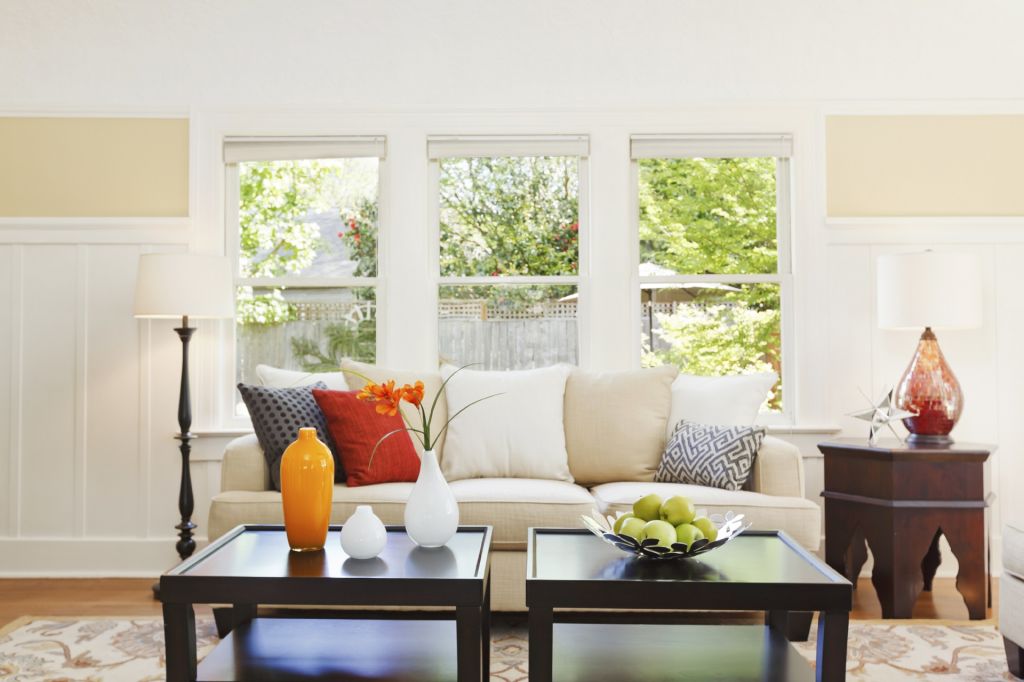
Australia’s capital cities are among the world’s most expensive places to buy property, forcing many first-timers to rent where they want to live and purchase an investment property elsewhere as a means of getting on the property ladder. But where can they actually afford to buy?
Domain’s chief economist Dr Andrew Wilson, produces the State of the Market Report, which provides a snapshot of housing affordability across the nation’s capital cities. We’ve rated each city according to its median prices (as at December 2014), from lowest to highest.
1. Hobart: median is $336,000
Our southernmost capital remains Australia’s most affordable, with median prices less than half that of the nation’s most expensive (Sydney). Buyer confidence is expected to return in 2015, which will mean a moderate growth in prices – particularly in the budget market (up to $330,000) – by a forecast of five per cent. Slowest growth is expected in the Sorell and Brighton areas, with prices increasing by two per cent.
2. Adelaide: median is $467,000
“The median house price in Adelaide is forecast to increase by between three and five per cent over the year,†according to the report. First homebuyers can take advantage of lower price growth of two per cent in the budget market (up to $450,000), with the northern suburbs providing the smallest price increases.
3. Brisbane: median is $490,000
Having trailed other markets in recent years, Brisbane is expected to become one of the fastest growing markets, with prices increasing by around six per cent in 2015. “Activity in outer suburban budget priced suburbs, however, has continued to be subdued with high listing numbers,†the report points out, with price growth in budget areas a modest three per cent in properties up to $470,000.
4. Canberra: median is $586,000
With just one per cent growth expected in budget areas (up to $500,000) and around two per cent overall, Canberra’s low growth rates give first homebuyers more opportunity to enter the market. The report suggests suburbs that have experienced subdued price growth may see the strongest competition among buyers, given the perception of better value for money.
5. Melbourne: median is $610,000
Melbourne’s median house prices have stabilised to around four per cent since the booming 10 per cent growth of 2013, and this is forecast to continue throughout 2015. The budget market (up to $550,000) may present affordable options for first-timers, with growth of two per cent expected to track below inflation.
6. Perth: median is $613,000
Australia’s west coast capital can expect another year of subdued property prices due to the end of the mining boom, with a forecast of two per cent growth across all price brackets, including the budget market (up to $530,000). These subdued prices, combined with low interest rates, have brought the proportion of first homebuyers to the highest of any capital city.
7. Darwin: median is $634,000
Great news for first homebuyers – Darwin’s median house price actually fell by 2.5 per cent in 2014. Lower interest rates are expected to support prices in 2015, but the forecast growth of two per cent will not recoup all of last year’s falls. However as the report points out, “despite further weakening over 2015, the local economy remains fundamentally strong with continuing low unemployment ratesâ€.
8. Sydney: median is $874,000
“First homebuyer activity… remains at near record low levels as a proportion of market share,†the report says, on the back of double digit price growth since 2013. And while growth is expected to slow in 2015, prices will still growing strongly, with the city’s budget market (up to $800,000) forecast to grow eight per cent. See how much each Sydney suburb has grown with the Sydney Boom-o-meter.
When buying your first property, be sure to do your research thoroughly and buy in an area with good long-term growth prospects. And remember that if have secure employment and a good deposit, you’re in the driver’s seat to aggressively negotiate on purchase prices – especially in areas with more properties for sale than buyers shopping around.
We recommend
We thought you might like
States
Capital Cities
Capital Cities - Rentals
Popular Areas
Allhomes
More
